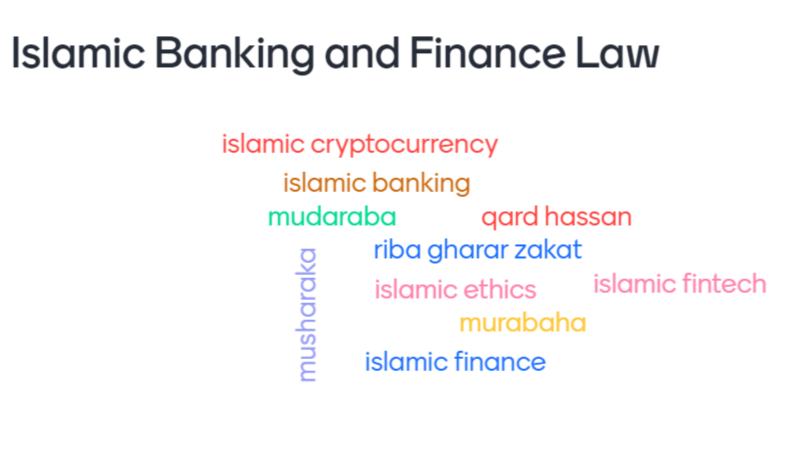By Guanyi Lyu
Edited by Sanaa Kadi
What is gharar?
Although the Prophet Muhammad (pbuh) prohibits the sale of fish in the water and birds in the sky, defining gharar in a legal context remains controversial. There are mainly two opinions. The primary view links gharar to risk or uncertainty. This suggests that minor gharar must be allowed, as Islam accepts genuine risks in business. The maxim “gain comes with risk-taking” supports this perspective.[1] On this point, Murat Çizakça argues that not only excessive risks render a commercial transaction illegal, but also the fact that risks are not fairly shared between the parties.[2]
Scholars like Nehad A and A Khanfar, however, believe that gharar must not be confined to the concept of uncertainty but instead stands for misrepresentation, deceit, or delusion. Unlike common law, which distinguishes between innocent, negligent, and fraudulent misrepresentation, Islam considers all misrepresentation as “serious moral wrong.” Therefore, interpreting gharar as misrepresentation implies that all gharar is haram (prohibited).[3]
How does gharar work?
Assuming the most commonly believed definition of excessive uncertainty, gharar is typically categorised into gharar yasir (minor) and gharar fahish (excessive). Various parameters have been proposed for the categorising practice.
Avoidance ability – If the gharar element is hardly avoidable, it is considered gharar yasir. For example, when purchasing a conceiving animal, uncertainty exists regarding the number and health of the babies to be delivered in the future. However, it is permissible because obtaining information to clarify the uncertainty requires the parties to undergo hardship.[4]
Abundance – If the amount of gharar is small, it is considered gharar yasir. For instance, using a public washroom for payment creates uncertainty regarding the amount of water and paper left for use by each user. Still, it is permissible because the gharar element is minor.[5]
What is gharar to the conventional concept of “uncertainty”, then?
One must bear in mind that all jurisdictions, more or less, prohibit certain uncertainty in transactions; added together, they constitute a spectrum called “the law of uncertainty”. It thus begs to ask: Is gharar just one of the more-prohibited uncertainty, located on the less-risks-allowed end of the spectrum? Or, does it form a distinct genre of law, not located on this spectrum at all but reveals something fundamentally unique?
Team “They are the same thing” – Islamic acknowledgement of certain uncertainty being inevitable in commercial transactions is precisely the reason why certain gharar is permissible. In this sense, both gharar and the conventional “uncertainty” are a matter of extent.
Team “They are distinct concepts” – The permissibility of the permissible gharar is based upon “let’s share the risk”, instead of “alright, these risks we can handle”. In other words, it is not the level of risks that matters, i.e., it is not a matter of extent, but the fairness of the transaction. Moreover, a breach of conventional uncertainty mostly constitutes a breach of contract or legal requirements, whereas the breach of gharar is a breach of Sharia, parallel to being unconstitutional.
[1] Atikullah Abdullah, ‘Islamic Law on Gambling and Some Modern Business Practices’ (2017) 7 International Journal of Academic Research in Business and Social Sciences 738, 742.
[2] Murat Çizakça, ‘Risk Sharing and Risk Shifting: An Historical Perspective’ (2014) 14 Borsa Istanbul Review 191, 193.
[3] Nehad A and A Khanfar, ‘A Critical Analysis of the Concept of Gharar in Islamic Financial Contracts: Different Perspective’ (2016) 37(1) Journal of Economic Cooperation and Development 1, 2.
[4] Nadhirah Nordin and others, ‘Contracting with Gharar (Uncertainty) in Forward Contract: What Does Islam Says?’ (2014) 10 Asian Social Science 37, 41.
[5] Ibid 42.
